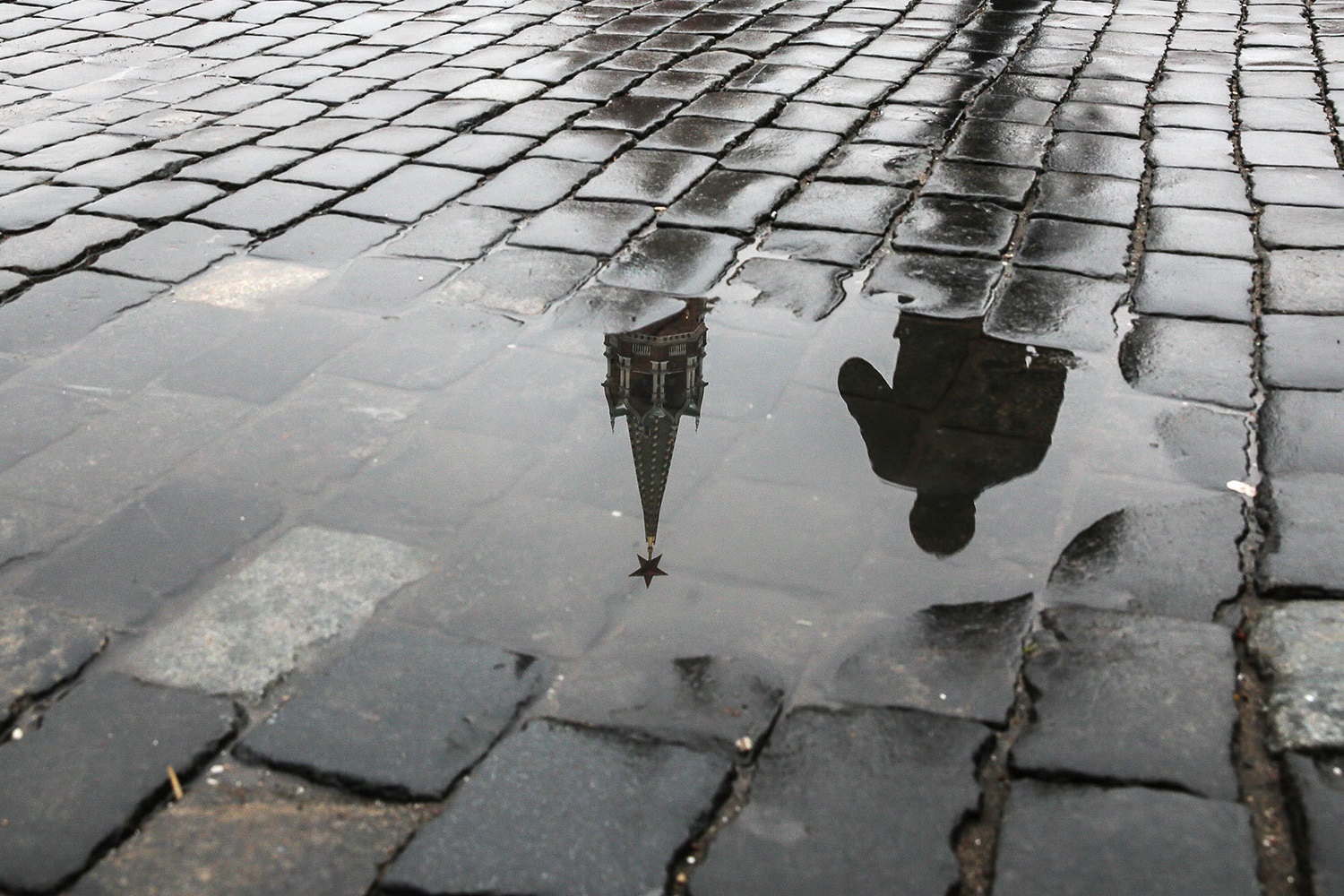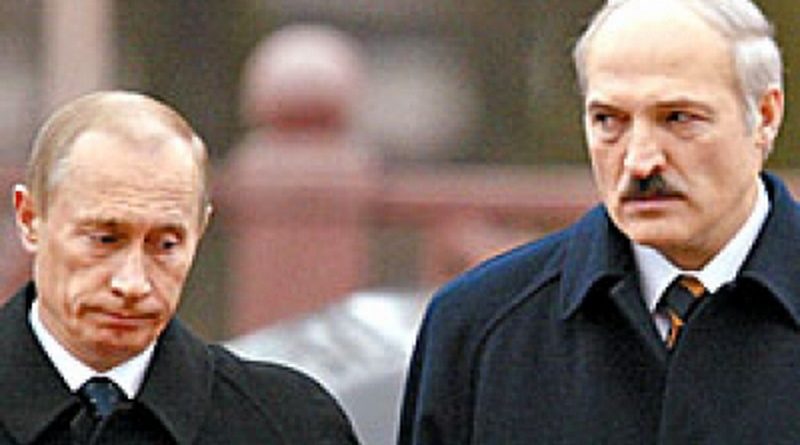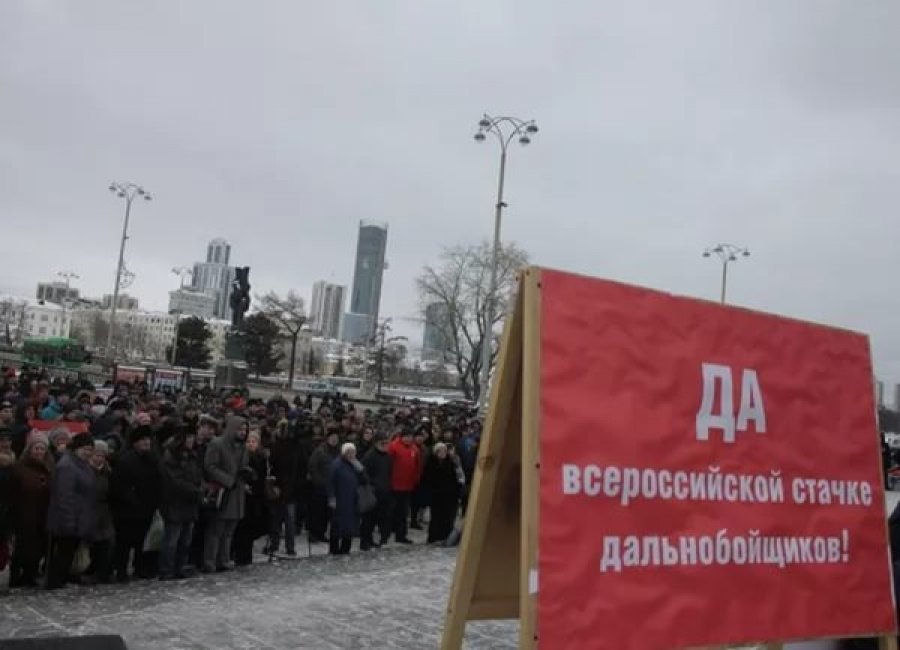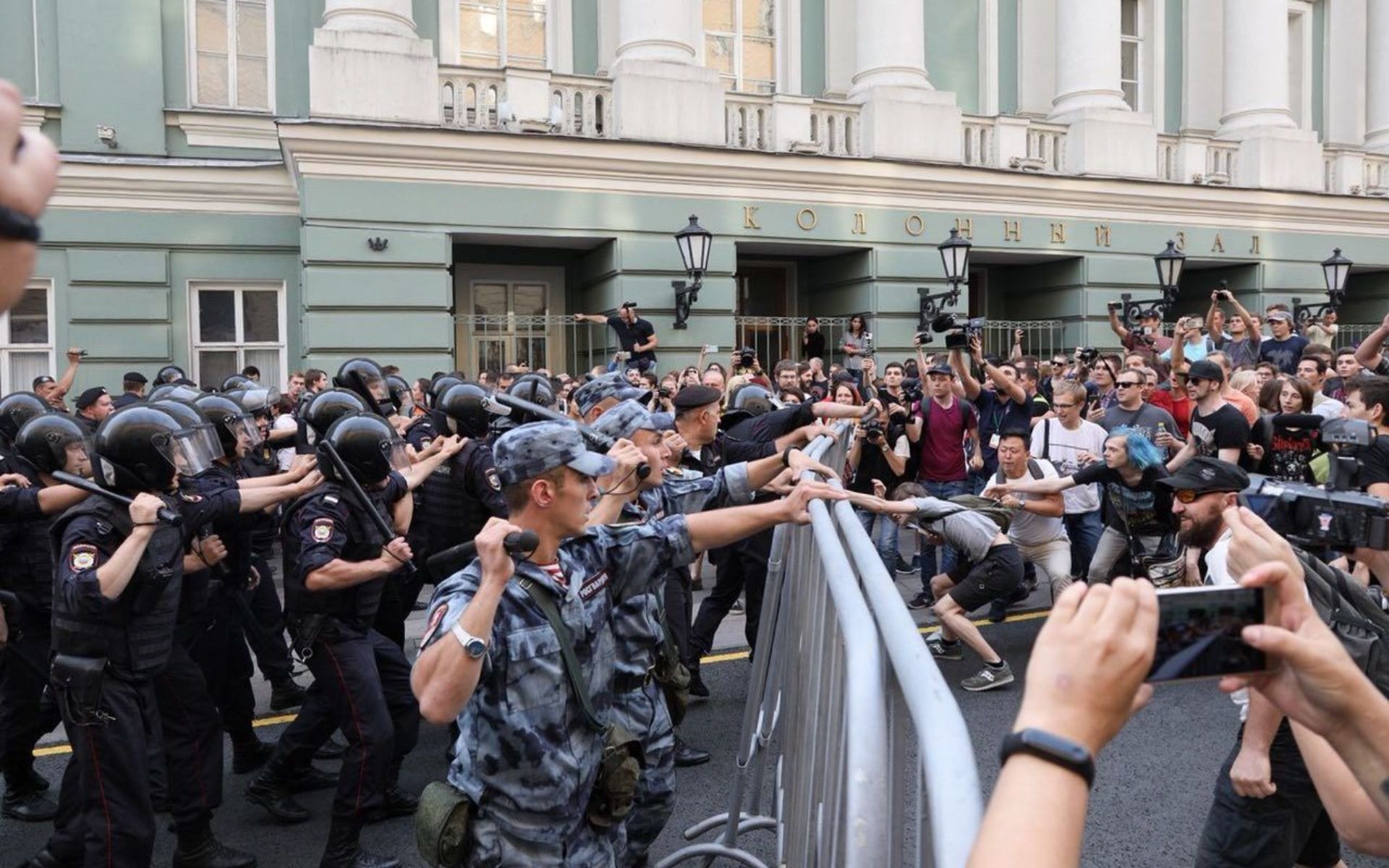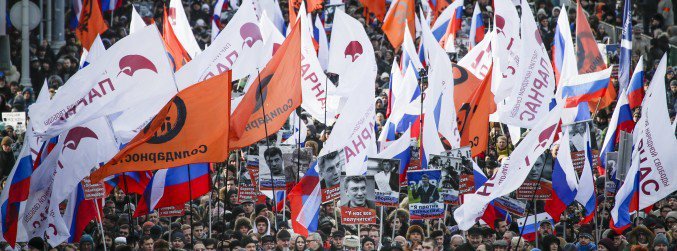Russia, it is sometime said, is a country with an unpredictable past; but Russian governments have worked hard to try to control not only the future but also the past. Now, however, Sergey Shelin says, the Kremlin “no longer controls either the future or the past” – and that leaves Putin “without the two accustomed instruments” for manipulating the people.
Many have pointed out that Putin’s team now doesn’t have “any model for the future” as it heads into the presidential elections, the Rosbalt commentator says
. “This is true, but it is far from the whole truth.” The Kremlin has also lost control over the past as well and thus is increasingly unable to hold people in check. Indeed, Shelin argues,
Instead, the regime’s constant revisions of its views of the past and the transparent falsification and exploitation of themes, combined with the indifference of Russians to a past that is ever more distant from and less significant to them than before make the regime’s failure to talk about the future even more critical.
“Ever less time remains until March 2018,” Shelin points out, “and the mechanisms of control over the past and over the future are misfiring again and again. [As a result,] Vladimir Putin is approaching his re-election without either of the traditional instruments for manipulating the minds” of the voters.
He gives several examples to support these conclusions. What, he asks rhetorically, can a regime propagandist say about the anti-corruption “disorders?” Besides referring to the Arab Spring or Western machinations, two things few Russians pay attention to, he will be driven to talk “about the horrors of all Russian coups and revolutions, from the earlier up to 1991.”
In 1996, for example, Boris Yeltsin was re-elected not because he enjoyed real support but because he successfully portrayed Gennady Zyuganov as someone who would restore Soviet times – and not just Brezhnevite stagnation but Stalinist terror.
In 2000 and 2004, Putin was elected and then re-elected on a platform of “moderate restorationism” which promised to turn away “from the cursed 1990s” and return to the relative well-being and stability of the late Brezhnev years.
In 2008, Dmitry Medvedev was elected with the support of both those who hoped for “a continuation of Putin restorationism” and those who wanted “a return” to the greater freedoms of the 1990s. “Both the one and the other, however, instead of the past they wanted go the past which they wanted somewhat less – the return of Vladimir Putin to the Kremlin throne.”
And thus it is no accident that 2012 and the years following “became a time of grandiose militant mobilization of history with the goal of having it serve the interests of the bosses.” Not only was the traditional celebration of victory in World War II but also of all kinds of other victories from the times of Ivan the Terrible onward.
But today, none of this has the same effect.
The reason Russians have changed is not only that the young people “going into the streets don’t remember even ‘the cursed 1990s’ not to speak about the times of Gorbachev and Brezhnev,” Shelin argues. Instead, it is rooted in the fact that all events have a certain “to be used by” date, after which they don’t play the same role.
Instead, they are met with indifference bordering on contempt. “Don’t believe pollsters” who talk about the rising rating of Stalin, he says. “Pollsters simply can’t capture the indifference with which the masses view today both Stalinism and anti-Stalinism.” Those are increasingly issues of the distant past.
And efforts to use even more distant pasts – such as the revolutionary year of 1917 – not only highlight that problem but show that the regime can’t make up its mind about how it wants to treat this or that issue. The Kremlin’s failure to take a clear line only makes it easier for Russians to go their own way, ignoring the past and focusing only on current problems.
Related:
- All Russia is now one big hot spot, regional affairs expert says
- Putin is 'a criminal but not Stalin' and other neglected Russian stories
- Why aren’t Russians protesting against Putin?
- Eurovision, Russia, and weaponized disability
- ‘Putin is the Bin Laden of today’ and other neglected Russian stories
- Day in History, 2014: UN rejects Russia’s violent attempt to reshape borders
- US sanctions on Russia effective, don’t hurt American economy, report finds
- New Threats Require a New Response: What the Baltic Countries and the US Face in Putin’s Russia
- Gerard Depardieu, the Eurovision contestant, and other Russian artists Ukraine banned
- Former Russian MP Voronenkov, key witness in Yanukovych treason case, assassinated in central Kyiv

